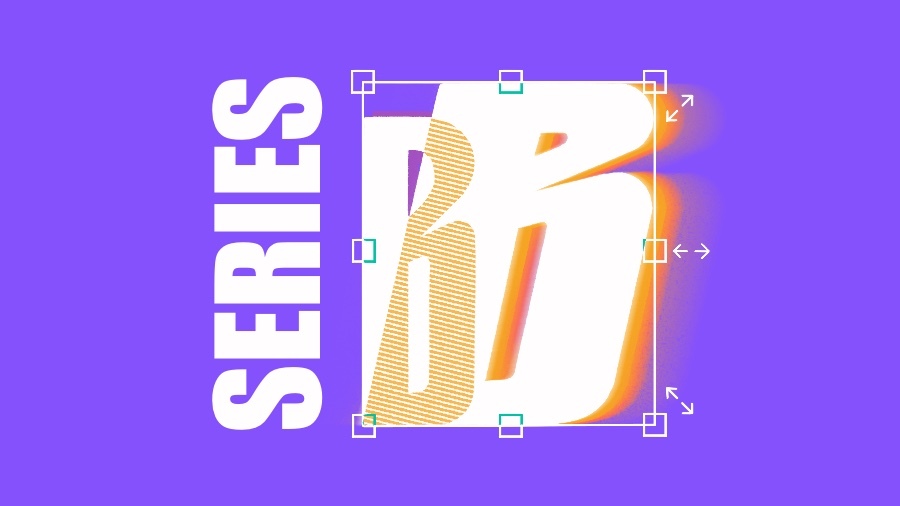The time lapse between funding rounds for early-stage startups has reached the highest point in more than a decade.
That was the finding from a Crunchbase survey of U.S. companies that raised Series A funding and went on to close a Series B. The median time lapse between rounds in 2024 was 28 months — by far the longest span since 2012.
The average time between these rounds also hit a high of 31 months this year, which is tied with 2023. For a sense of how fundraising timelines compare, below we charted out both averages and medians for the past 12 years.
Heavy variation in time spans between rounds
The average wait between rounds would have been higher had it not been for a few startups in AI and other hot sectors that closed rounds in unusually quick succession. Notably, several of the biggest Series B investments this year went to companies that closed their prior round not too long ago.
The most high profile example is Elon Musk’s xAI. The generative AI startup closed the largest Series B of 2024 — a $6 billion financing — six months after raising its previous round.
Another standout is Figure, which develops AI-enabled humanoid robots. It snapped up a $675 million Series B in February, less than a year after closing its Series A.
Meanwhile, a number of startups took a longer-than-average time to close on their Series B financings.
One example is quantum computing startup Quantum Circuits, which raised a Series B in May, six-and-a-half years after its Series A. Another is Qlaris Bio, a developer of therapeutics for ophthalmic diseases, which closed its Series B in May, nearly five years after its Series A.
Still, it’s most common for startups nowadays to take two to three years between Series A and B rounds. That gives enough time to put capital to work and meet some growth milestones before hitting the fundraising trail again.
Clock is ticking for boom-era startups
Of course, not all startups that raise a Series A go on to close a Series B.
Some shutter before making it to that milestone. Others pursue different paths, like getting acquired, going public, securing alternative financing such as debt or extension rounds or building a viable business without further funding.
A minority of Series A-funded startups actually raise a B round in the next few years. Per Crunchbase data, out of over 4,400 U.S. companies that secured a Series A in 2020 or 2021, peak years for venture funding, just over 1,600 have raised a Series B. 1.
Will some of those boom-era companies still go on to raise a Series B round? Sure. But the odds of doing so diminish over time.
In a previous analysis on the concept of the “fundraising cliff,” we found that it’s rare for the time lapse between rounds to extend more than three-and-a-half or four years. That’s concerning considering that venture capital funding peaked about three years ago, leaving a large pipeline of startups that last raised a round in 2021.
Since many startups raised exceptionally large sums during the market boom, it’s plausible they’ll have enough cash to extend the time between rounds longer than what was typical in the past. Still, eventually the vast majority will need fresh capital.
Related reading:
Illustration: Dom Guzman
The dataset includes some rounds that had characteristics of Series A or Series B financings but were not explicitly labeled by companies as such.↩

Stay up to date with recent funding rounds, acquisitions, and more with the Crunchbase Daily.


![Illustration of a hand holding a house made of money. [Dom Guzman]](https://news.crunchbase.com/wp-content/uploads/Real_Estate-470x352.jpg)

![Image of founder getting a "Blank check" [Dom Guzman]](https://news.crunchbase.com/wp-content/uploads/rise-of-massive-funding-blank-check-470x352.jpg)

![Illustration of a guy watering plants with a blocked hose - Global [Dom Guzman]](https://news.crunchbase.com/wp-content/uploads/quarterly-global-3-300x168.jpg)
67.1K Followers